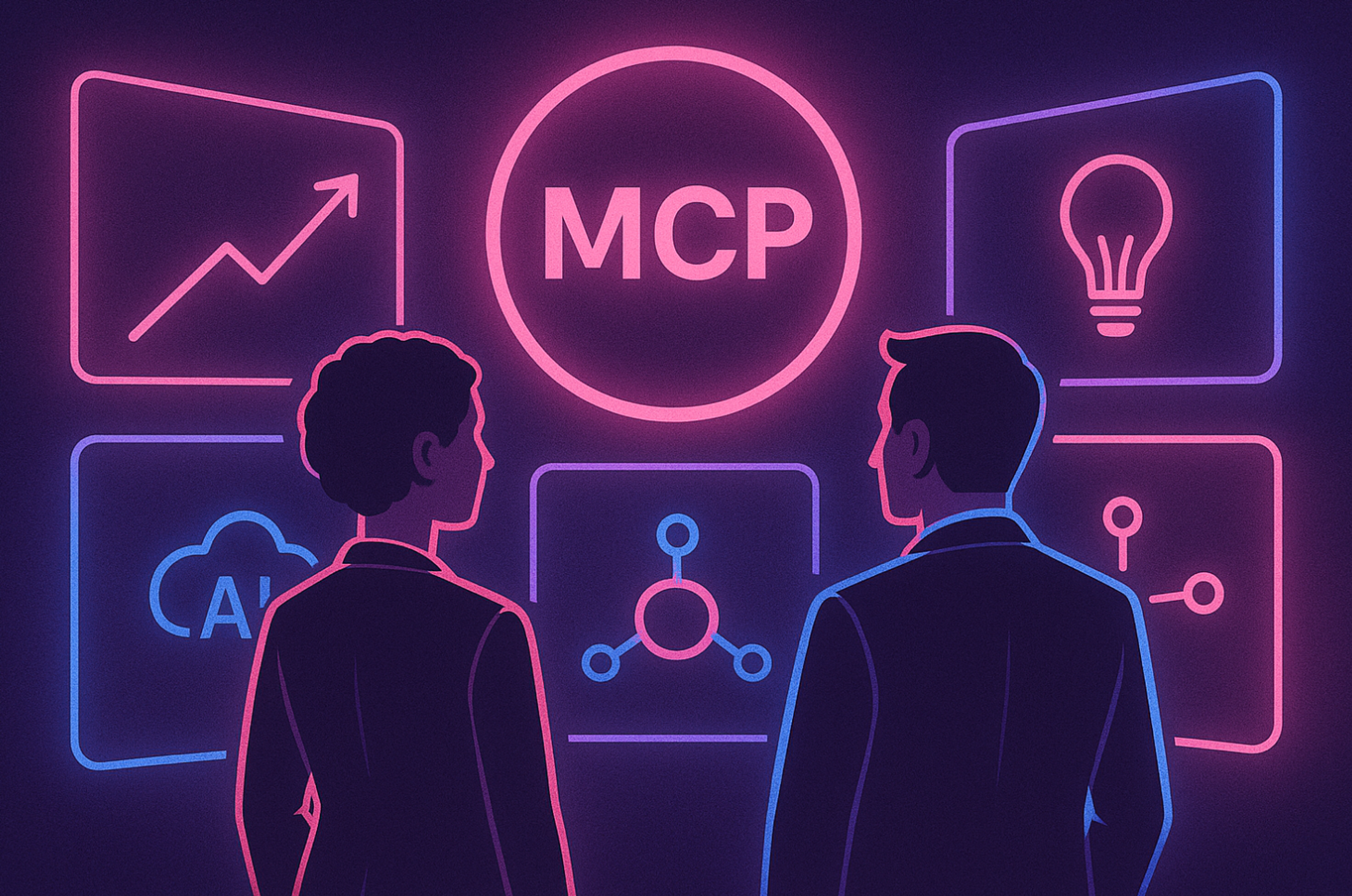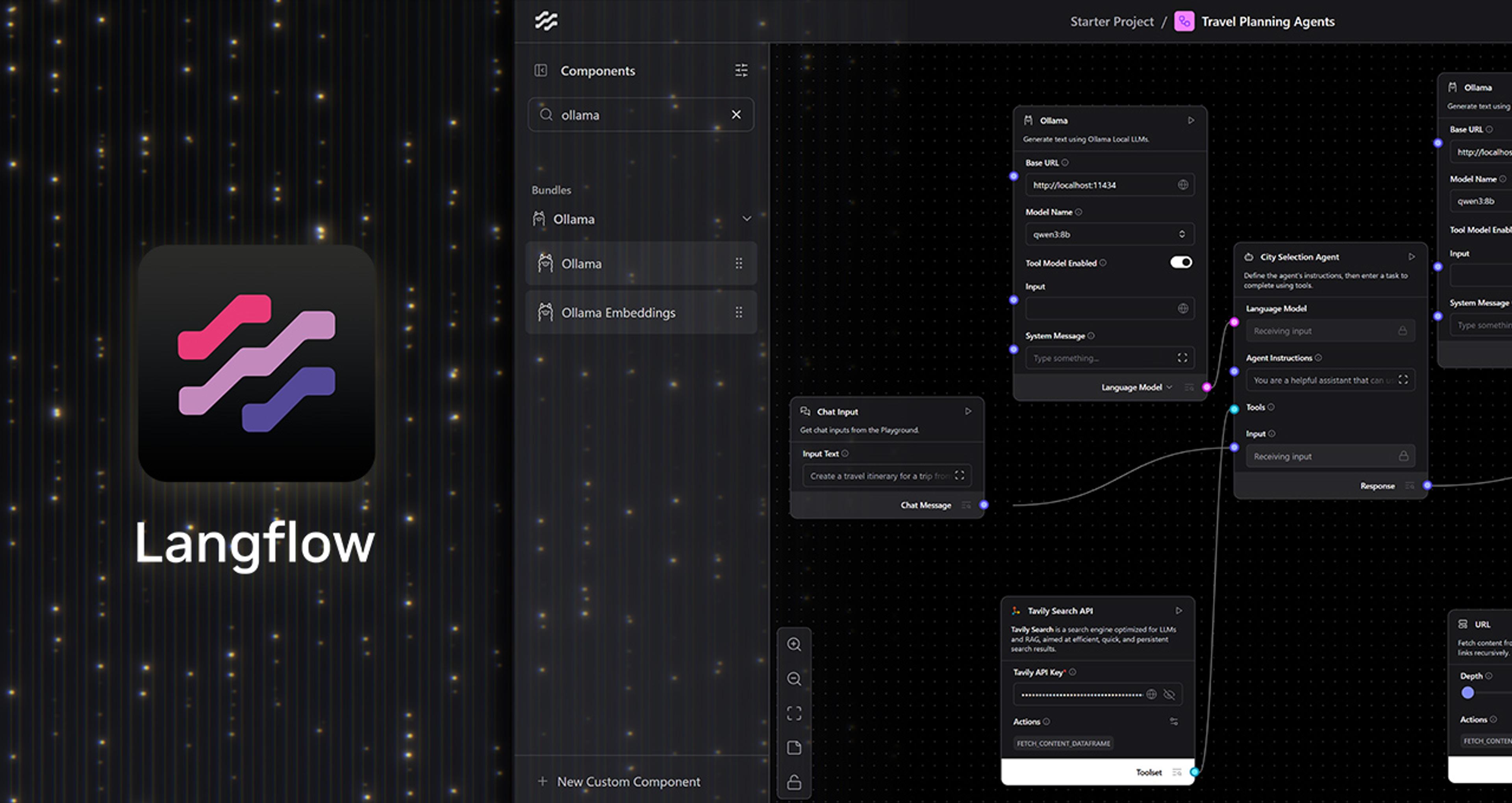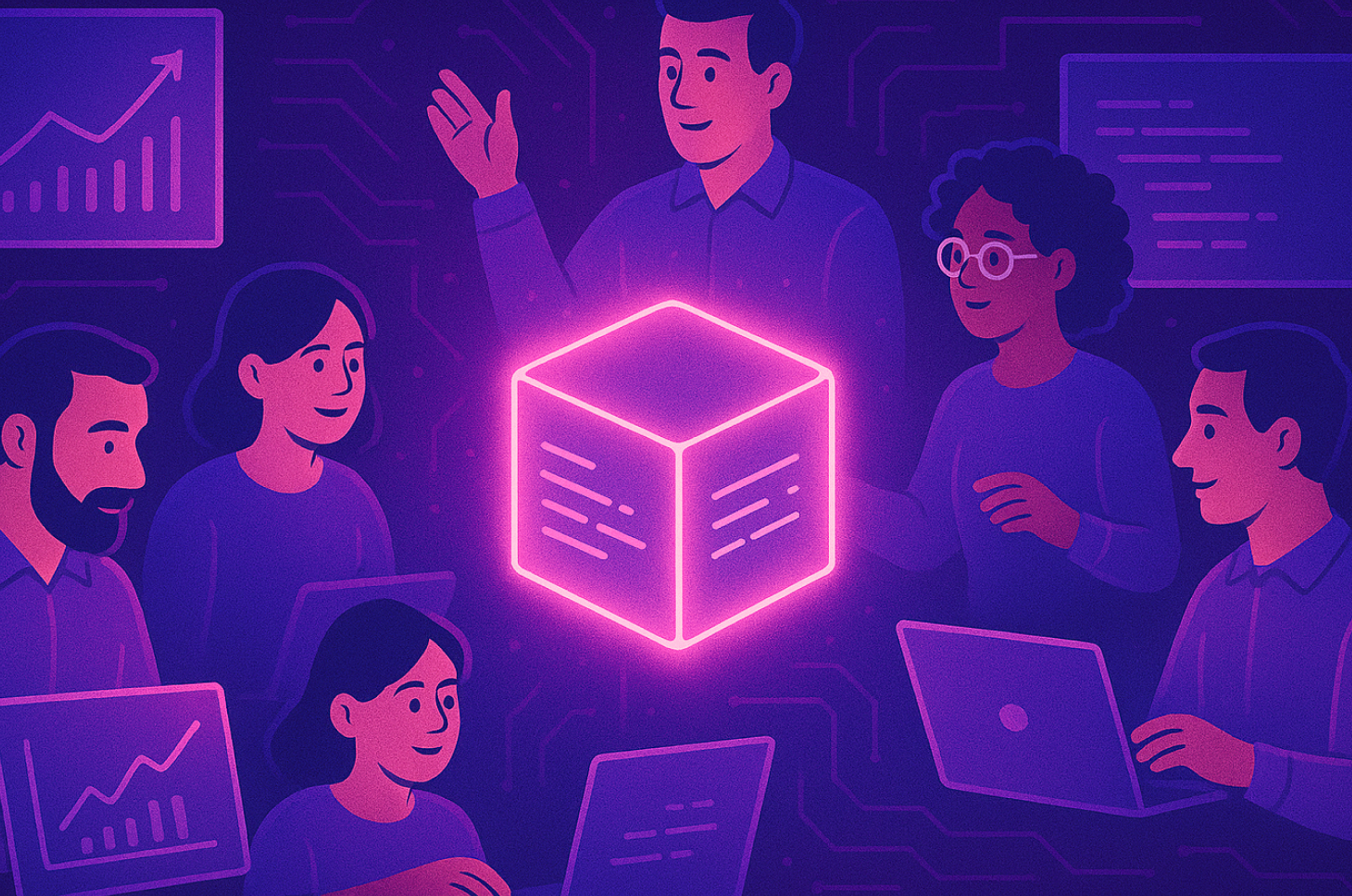As agentic systems get more complex and enterprise capabilities are surfaced as tools in these systems, the establishment of clear and agreed-upon rules is important for the success of autonomous workflows.
Model context protocol, or MCP, provides common language for agents, LLMs, and enterprise systems. Enterprises that incorporate MCP in their AI data strategy will be able to compose new capabilities, ensure trust and auditability, and adapt to accelerating innovation. The competitive advantage will come from thoughtful design, robust operationalization, and willingness to learn.
This post takes a look at how MCP works as an AI-native integration standard, its key features, relationship with APIs, advantages over RAG systems, implementation strategies, and operational considerations for organizations.
What is MCP and why does it matter?
MCP, introduced in late 2024, is an open, AI-native protocol for describing external tools, functions, APIs and datasets in a way that allows LLMs to make decisions about how and when to use them. It builds on lessons from decades of experience in API, SOAP, REST, and OpenAPI/Swagger—but crucially, it is designed for machine, not human, consumption and reasoning.
MCP enables capability discovery, where an agent or LLM can determine what operations are possible and what context is required for their successful execution. It provides semantic richness through detailed descriptions that help LLMs understand not just how but when and why to use a capability. MCP offers uniformity by exposing diverse resources—APIs, databases, internal tools—through a consistent interface. It also supports composability by providing an abstraction layer for connecting, composing, and orchestrating services and data sources in complex agentic workflows.
Example: Excel-as-a-service
Consider a business user who wants to manipulate data in an Excel spreadsheet via an AI assistant. The traditional approach would require purpose-built API connectors or custom prompt "recipes" for every action like adding rows, recalculating columns, or formatting. This integration is cumbersome.
With MCP, the Excel service exposes its capabilities (what types of data it holds, what functions it offers) via MCP. The agent can read this, reason about available operations, and perform tasks such as "add a column with quarterly growth rates," without custom integration work.
How MCP relates to—and differs from—APIs
MCP can be seen as an evolutionary leap. Where traditional APIs serve as the "nouns and verbs" for systems interaction, MCP clarifies not only what operations exist but how to use them in rich, flexible ways suitable for AI agents.
Both APIs and MCP provide contracts defining what a client can do with a system. They can both be composed to orchestrate more complex workflows. Both rely on good design, as poorly designed APIs or poorly described MCP endpoints lead to confusion, unused features, or downstream problems.
However, there are key differences. APIs are designed for human developers, while MCP is designed for AI models that can read and "reason" about detailed descriptions and context. APIs typically require manual composition, whereas MCP is explicitly intended for agentic, reasoning systems that can decide in real time what tools to use and how. MCP makes it easy to describe semantic relationships and context in free-form narrative, not just formal parameters—helpful for LLM-driven decision-making.
A hypothetical use case: ERP integration
A retailer has an ERP with dozens of APIs (inventory, pricing, orders). Previously, a developer would have to learn each endpoint, read documentation, write code, and handle edge cases.
With MCP, a single well-described interface exposes business-first capabilities: "Retrieve current stock levels," "Check for backorders," "Update pricing by 5%." An LLM agent, tasked to "prepare a low-stock alert report," can use semantic descriptions to discover, combine, and sequence these functions, even if implemented across APIs, databases, or legacy systems.
Beyond retrieval-augmented generation: The next step in AI app integration
Retrieval-augmented generation (RAG) helps models retrieve external information at inference time, bolstering their responses with up-to-date or enterprise-specific context. Still, RAG is primarily about data retrieval, not action.
MCP goes further by providing tooling contracts that enable LLMs to not only look up information but also invoke actions. It offers semantic guidance through descriptions that clarify what a tool does, when it should be used, what side effects it has, and the kinds of input/output it expects. MCP enables uniform orchestration, giving LLMs a single, consistent way to understand and interact with backends regardless of whether they're REST APIs, direct SQL interfaces, or something else.
An example: Automated spend management
A business wanting to automate monthly expense approvals could use an LLM agent that checks submitted requests (using RAG), then employs an MCP-exposed SQL database tool to audit budget consumption, invokes an MCP "notify manager" function if an exception is found, and logs a note in an MCP-exposed ERP system. Instead of brittle scripts or point-to-point integrations, the agent navigates capabilities dynamically, guided by rich MCP descriptions.
The importance of MCP design and operationalization
Authoring for machines, not people
With APIs, success was often tied to clear, developer-centric design. With MCP, you're authoring for a model that pays close attention to every word. LLMs can and will process exhaustive documentation, examples, and nuance, so thoroughness and clarity pay dividends.
A good payroll MCP endpoint isn't just described as "update_salary." Its documentation explains: "Use this capability to adjust employee compensation. Typical scenarios: annual raises, special bonuses. Requires: employee_id, new_salary, reason. Triggers notifications to HR and finance."
A poor example would be "Callable object: update(eid, val)," which provides no context and may be misused or ignored by an LLM (or human).
Pitfalls: Bad design carries over
As with APIs, poor alignment between backend structure and business processes leads to confusion. Expressing a raw database schema as an MCP endpoint, or exposing every method in technical jargon, defeats the purpose. LLMs can bridge some ambiguity but cannot fully overcome lack of clarity or business context.
Resource considerations
AI operations aren't free: every token and every call costs compute, and by extension, money. If an agent naively makes repeated or overly broad calls, backends can be flooded or budgets overshot.
Mitigation strategies include using precise, task-focused MCP endpoints, indicating costs, side effects, or recommended usage patterns within MCP descriptions, and implementing caching or throttling as needed while informing the agent of these constraints.
New testing, monitoring, and management patterns
Testing deterministic APIs is straightforward, but agentic AI backed by MCP introduces variability: the same request might yield different tool chains depending on context, load, or subtle prompt differences.
QA in an MCP world includes synthetic task generation to create representative tasks and automate test runs, edge-case analysis to monitor for ineffective tool selection or resource issues, and the freeze-dry pattern to "freeze" reliable tool chains as fixed sequences or new MCP endpoints.
A continuum of automation: Agentic and procedural
Not all problems need free-form agentic orchestration. Many enterprise workflows, once discovered, are best hardcoded for efficiency and predictability. The same MCP infrastructure can serve both approaches, providing flexibility where needed and determinism elsewhere.
Final considerations for enterprise strategy
MCP belongs in your AI data arsenal because it accelerates integration by reducing the need for case-by-case custom integration, improves transparency and trust through well-described capabilities, reduces costs by preventing "runaway" compute bills, and futureproofs architecture by bringing adaptability.
Actionable steps include starting small by exposing key APIs or tools via MCP, designing for clarity by detailing the why, when, and consequences of capability use, iterating and freezing successful workflows, planning for operations including cost and resource monitoring, and learning by doing through pilots and analysis.
Learn about Astra DB over MCP, a new way to communicate with your database (without writing code)
Frequently asked questions
What is data strategy in AI?
Data strategy in AI refers to a comprehensive plan for how an organization collects, manages, stores, and uses data to power AI systems. It encompasses data governance, quality control, integration methods, and tooling like MCP that enables AI systems to effectively access and use organizational data. A good AI data strategy ensures that AI agents can discover, understand, and properly leverage all available data resources and tools to deliver business value.
What is the AI-first data strategy?
An AI-first data strategy prioritizes designing data systems specifically for AI consumption rather than human consumption. It focuses on making data AI-ready by implementing protocols like MCP that allow AI systems to understand context, discover capabilities, and take appropriate actions. This approach emphasizes semantic richness, uniformity across different data sources, and composability of services to enable AI agents to work effectively without extensive human intervention or custom integration work for each use case.
What is an example of a data strategy?
A practical example of a data strategy is an enterprise that implements MCP to unify access to its various systems. For instance, a retailer might develop a comprehensive data strategy that:
-
Exposes inventory, pricing, and order systems through MCP interfaces
-
Creates clear semantic descriptions for each capability
-
Implements appropriate testing and monitoring for AI agent interactions
-
Establishes governance protocols for data access and manipulation
-
Develops cost control mechanisms to prevent runaway compute expenses
-
Creates a process to identify successful AI workflows and "freeze-dry" them for efficiency
-
Builds centralized data lakes with consistent metadata standards
-
Establishes data quality control processes before information enters AI systems
This approach allows the retailer to incrementally build AI capabilities while maintaining control over how agents interact with critical business systems.




